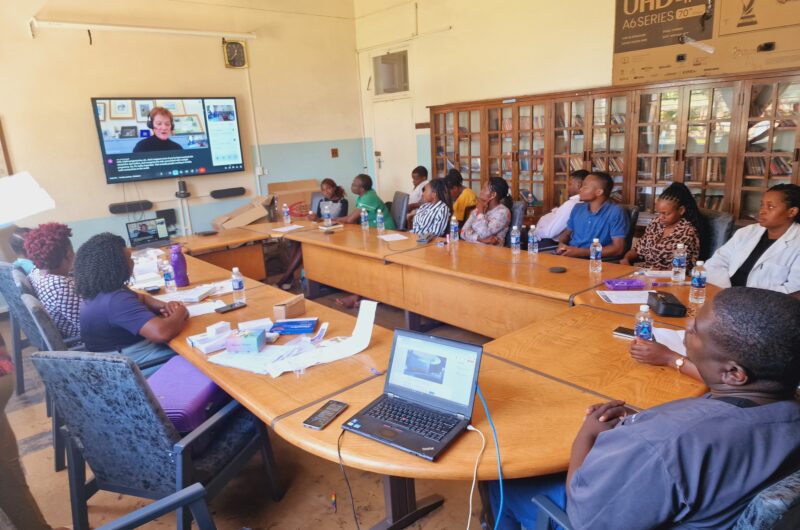Tinotenda Manyere, a trained nurse and midwife from Zimbabwe, works at Cambridge IVF, a fertility clinic that is part of Cambridge University Hospitals NHS Foundation Trust (CUH). Passionate about global health, she’s undertaken a project to make fertility services accessible to more people in her home country.
Fertility services in Zimbabwe are usually only available in private hospitals, which most people cannot access or afford. In government hospitals there typically isn’t the staff expertise or the resources to help with fertility management.
Wanting to make infertility services accessible to more people and to reduce the stigma of infertility in Zimbabwe, Tino developed a project to equip government healthcare staff with knowledge of infertility management and treatment using the resources available.
“I am passionate about helping low-income countries by sharing the knowledge and expertise I’ve gained in the UK. Coming from Zimbabwe I understand the challenges faced by the health service delivery system.”
Tino’s project focused on Harare Central Hospital (also known as Sally Mugabe Hospital), where she aimed to provide training sessions to nurses, midwives and doctors in essential fertility management skills. With the help of a grant from CGHP and support from Cambridge IVF, she planned, organised and then travelled to Harare to support the delivery of training sessions to nearly 42 healthcare staff.
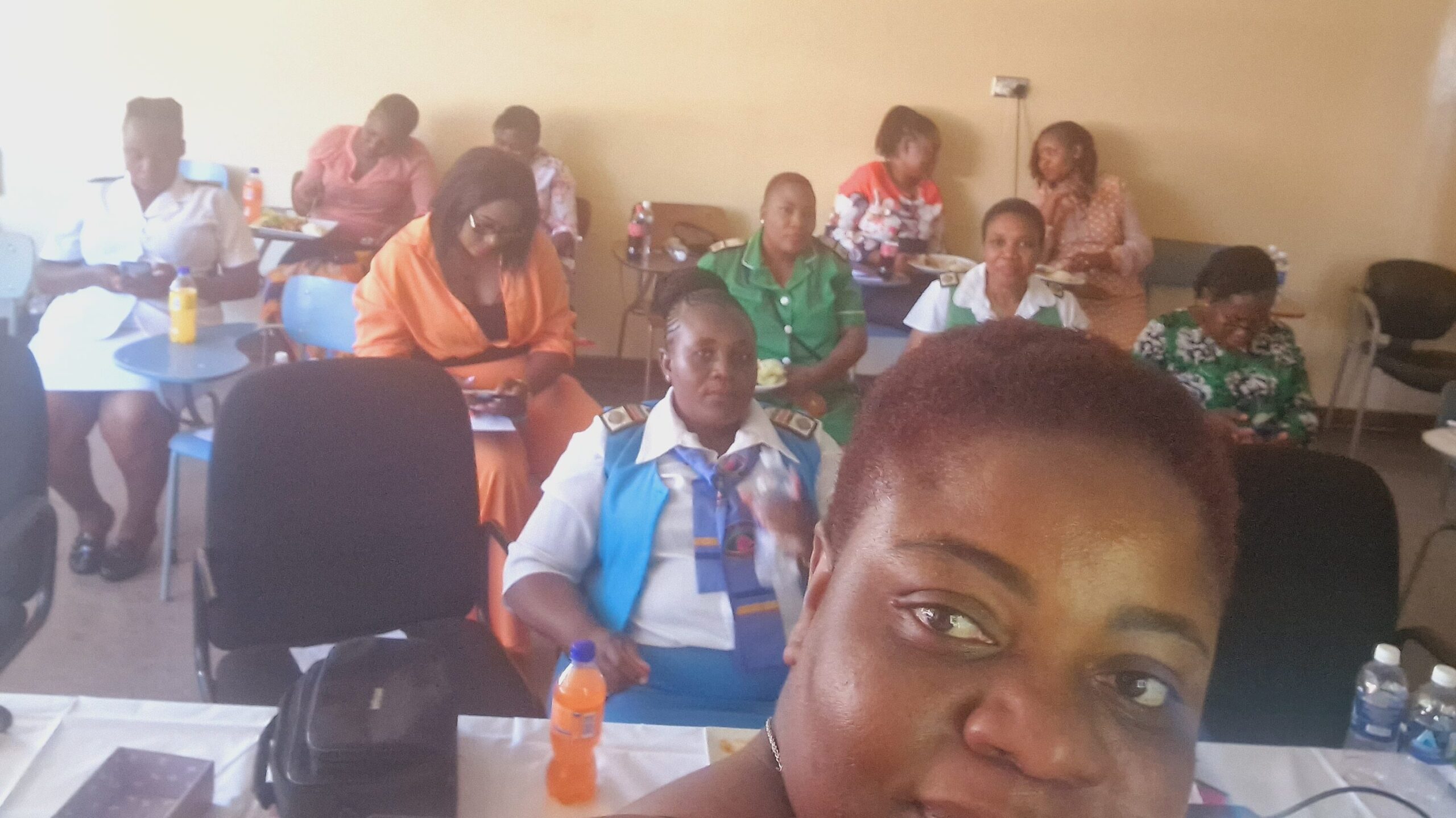
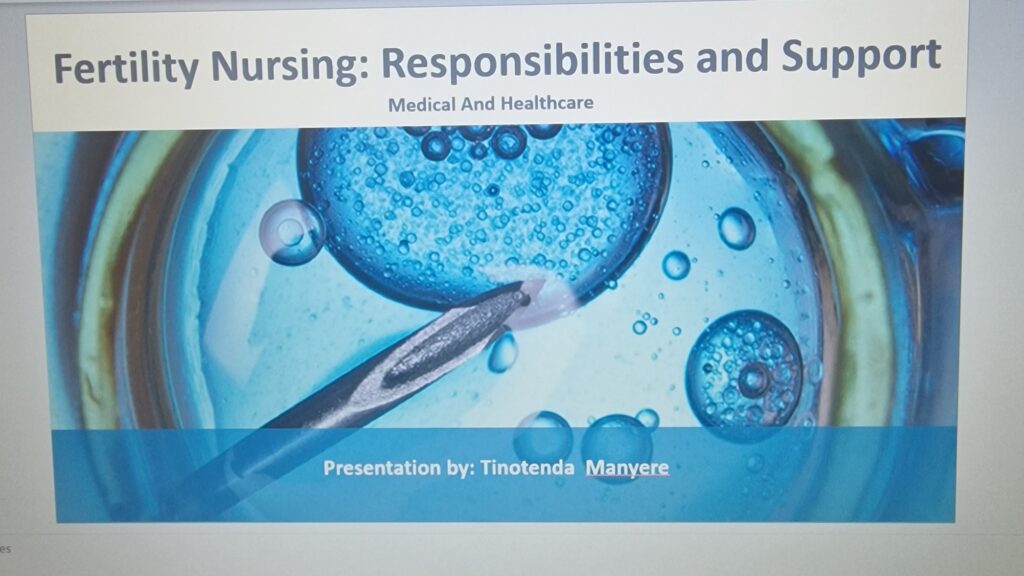
“The main aim was to activate the fertility services in government hospitals, which had been inactive for more than 10 years,” explains Tino. “The objective was to make fertility services accessible to all because not everyone is able to pay for private services.”
The training covered the causes, evaluations, and treatments of male and female infertility, as well as the diagnostic tests, treatment options, and procedures such as IVF, IUI, and embryo transfer. It included the importance of providing emotional and psychological support to patients to help navigate the challenges of infertility, and the ethical and legal aspects of assisted reproductive technology (ART).
Tino provided face-to-face training in fertility nursing and responsibilities to 30 nurses and midwives, and a fertility treatment overview was provided face-to-face and virtually to 25 obstetrics and gynaecology registrars with the remote support of CUH Consultant Gynaecologist & Subspecialist in Reproductive Medicine and long-standing CGHP member, Dr Jane MacDougall.
The training resulted in a fertility clinic being reactivated at Harare Central Hospital, with doctors starting consultations after the fertility management training from Dr MacDougall. “We launched the fertility clinic on December 13 and within just two days, around 52 came seeking treatments,” says Tino.
“To have a fully operating fertility clinic because of the training is my greatest achievement since getting into this profession. It brought a great change for both the hospital and the community. The nurses, midwives and doctors were empowered with new skills and the community now has access to affordable fertility services. The training will help them develop individual treatment plans for patients and increase access to fertility treatments, especially in underserved communities.”
For Tino, the project was also an opportunity to reflect on the effectiveness of her teaching methods and the importance of tailoring her approach to a low-resource environment so that the learning is sustainable. “I taught trainees how to utilise available resources effectively, emphasising cost-effective and innovative solutions for fertility treatments, such as basic ovulation tracking, lifestyle modifications, and the use of locally available medication,” she explains. “I also gained insights into the unique cultural challenges of fertility treatment in low-income settings and developed training slides that were tailored to the cultural and socio-economic context of the region”.
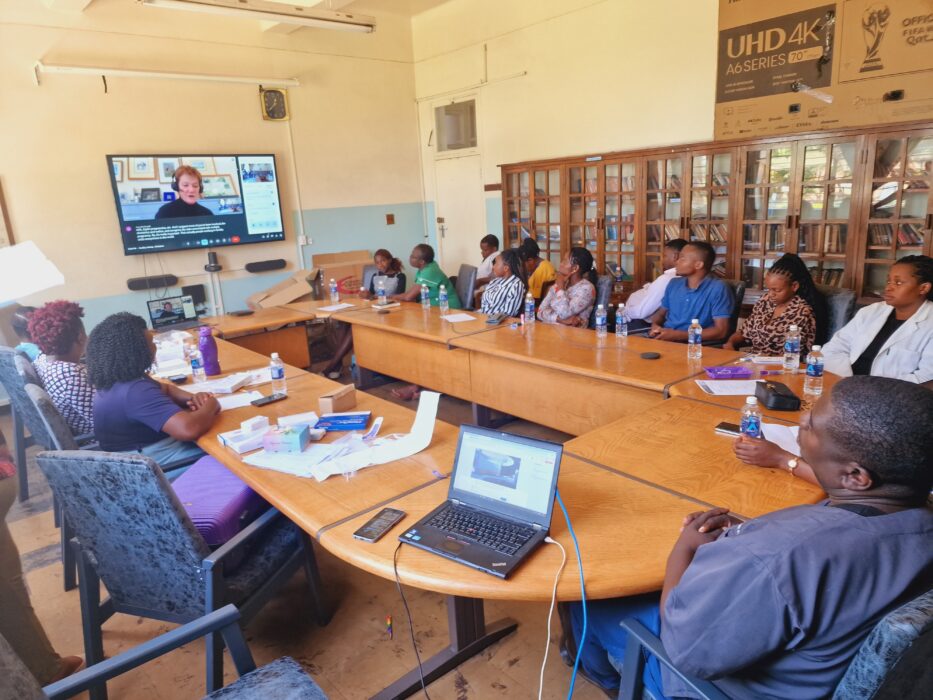
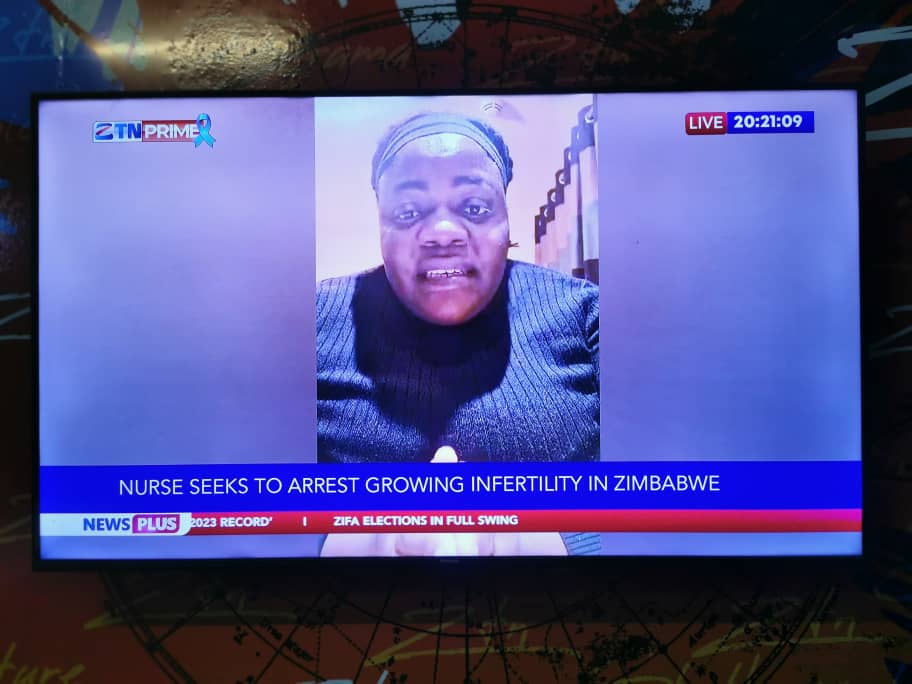
Tino recognised the importance of involving the community in addressing infertility issues and the stigma associated with it. “Teaching trainees how to work with community leaders and organisations to raise awareness and support for fertility treatments was another learning curve for me,” she says. “Correcting the myths and misconceptions associated with infertility was my favourite part of the experience.”
The training drew a lot of attention, including coverage in the Zimbabwe media. Now Tino is exploring ways to grow the project to reach all Zimbabwe’s major hospitals.
Interested in participating in global health but not sure where to begin? Find out about the support, advice and funding CGHP offers you or email us at info@cghp.org.uk.
Return to case studies

